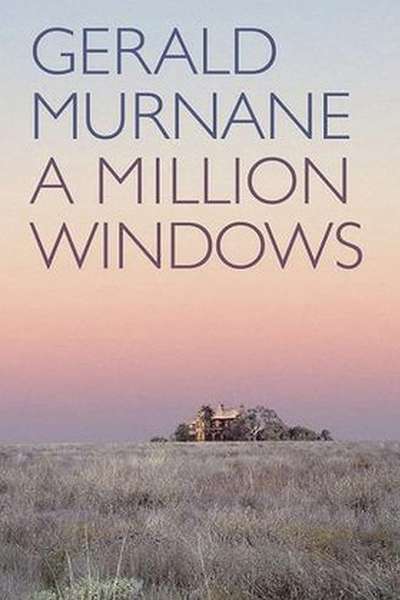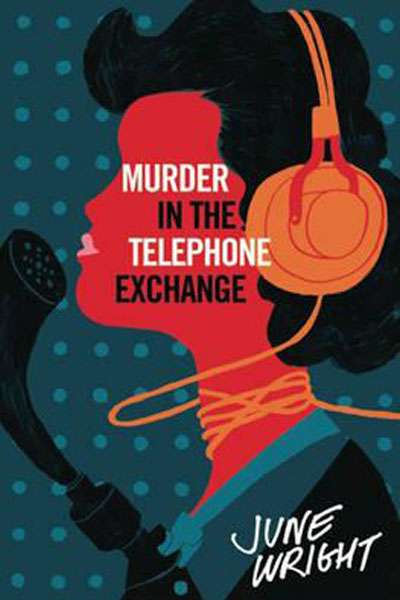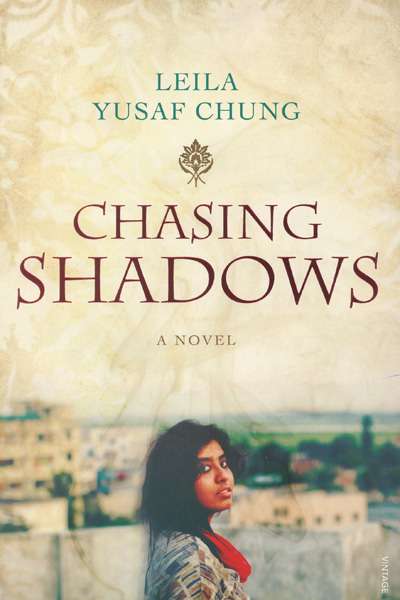Fiction
Pandora Jones by Barry Jonsberg & Crooked leg road by Jennifer Walsh
by Margaret Robson Kett •
How I Became the Mr Big of people smuggling by Martin Chambers
by Simon Collinson •
Between My Father and the King: New and uncollected stories by Janet Frame
by Sophia Barnes •
Crucible: An Australian First World War novel by J.P. McKinney
by Rodney Hall •















